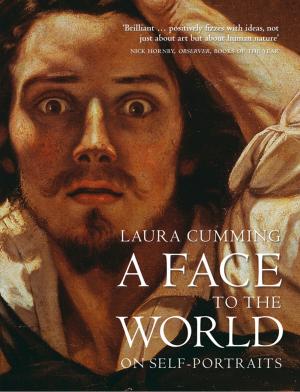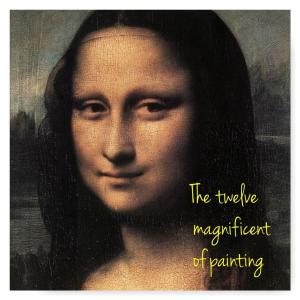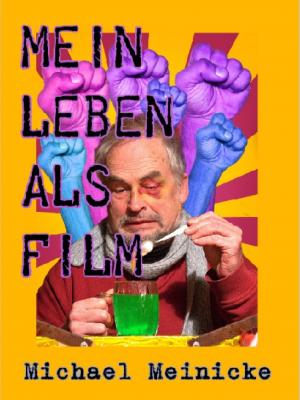Bruce Conner: in the Estheticization of Violence
Nonfiction, Art & Architecture, General Art, Individual Artist, Artists, Architects & Photographers| Author: | Frederic Colier | ISBN: | 9781628480139 |
| Publisher: | Books We Live by | Publication: | August 23, 2013 |
| Imprint: | Smashwords Edition | Language: | English |
| Author: | Frederic Colier |
| ISBN: | 9781628480139 |
| Publisher: | Books We Live by |
| Publication: | August 23, 2013 |
| Imprint: | Smashwords Edition |
| Language: | English |
Someday Bruce Conner will be considered as a pioneer of the post-modern aesthetic trend, along with the likes of Lawrence Stern or Marcel Duchamp. Strange claim you may think since none of them really created during the post-modern era. This claim is made clear in this book, which covers the filmic work of Bruce Conner, the pioneer of found footage filmmaking, so well-known nowadays for having influenced a generation of now main-road filmmakers and TV producers, something often referred to as the MTV generation. But beyond the social recuperation of art trends, Bruce Conner's revolutionary films seriously question the nature of representation, and to a larger extent the narration of history and its usefulness in a media-saturated society.
Analyzed through a post-modern lenses, this book contains a mixture of film theory and literary criticism. It investigates the role of Irony in relation to our history of violence, a tone Conner excelled at depicting, and explores its limitations. What can irony really teach us in our commercially and technologically driven society? Is violence really the becoming and inevitable outcome of Man? Or is its repeated spectacle just another form of dogma: a historical chimera portending dubious philosophical notions, such as supporting the constant notion of historical and human progress? The book finally raises a larger question as to whether Conner's socio-political statements, through an oeuvre being widely imitated and falling into main artistic network, did not anticipate, participate and precipitate the fall of the post-modern aesthetic.
Someday Bruce Conner will be considered as a pioneer of the post-modern aesthetic trend, along with the likes of Lawrence Stern or Marcel Duchamp. Strange claim you may think since none of them really created during the post-modern era. This claim is made clear in this book, which covers the filmic work of Bruce Conner, the pioneer of found footage filmmaking, so well-known nowadays for having influenced a generation of now main-road filmmakers and TV producers, something often referred to as the MTV generation. But beyond the social recuperation of art trends, Bruce Conner's revolutionary films seriously question the nature of representation, and to a larger extent the narration of history and its usefulness in a media-saturated society.
Analyzed through a post-modern lenses, this book contains a mixture of film theory and literary criticism. It investigates the role of Irony in relation to our history of violence, a tone Conner excelled at depicting, and explores its limitations. What can irony really teach us in our commercially and technologically driven society? Is violence really the becoming and inevitable outcome of Man? Or is its repeated spectacle just another form of dogma: a historical chimera portending dubious philosophical notions, such as supporting the constant notion of historical and human progress? The book finally raises a larger question as to whether Conner's socio-political statements, through an oeuvre being widely imitated and falling into main artistic network, did not anticipate, participate and precipitate the fall of the post-modern aesthetic.















